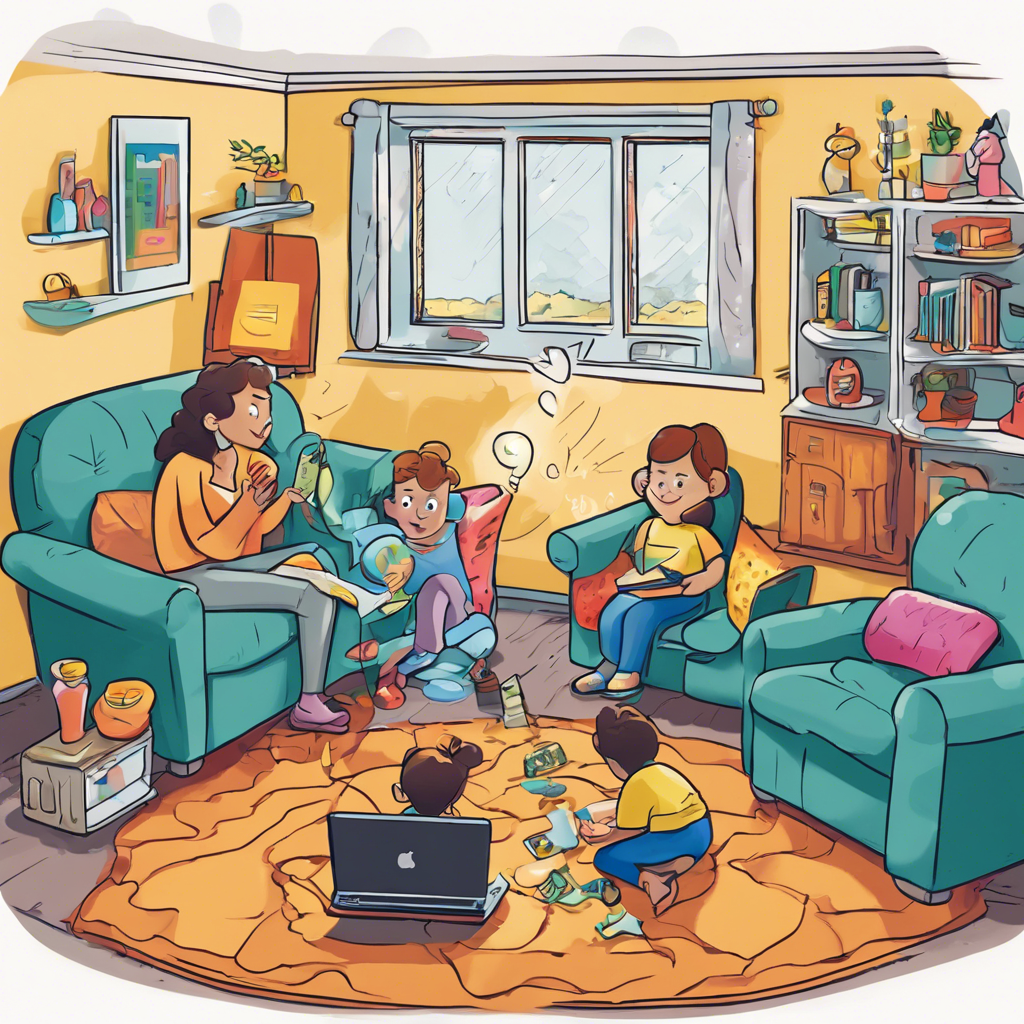What Are The Implications Of Colonial Legacies On Contemporary Class Struggles In Africa?
Gathering question image...
Introduction
The legacies of colonialism play a critical role in shaping the socio-economic landscape of Africa, significantly influencing modern class struggles in intricate ways. A comprehensive understanding of these implications necessitates a detailed exploration of historical contexts, economic disparities, and socio-political dynamics related to colonial history.
Historical Context of Colonialism in Africa
Colonialism established enduring power imbalances and resource allocation disparities, which continue to impact class structures in contemporary Africa. The imposition of foreign governance disrupted indigenous systems, fostering an economic reliance on extractive industries rather than promoting sustainable development. Following independence, many African countries struggled with the legacies of colonialism, resulting in stark economic inequalities among various social groups.
- Colonial policies prioritized the ruling elite and foreign corporations, resulting in a narrow wealthy class while marginalizing the majority.
- Independence did not guarantee economic liberation; many nations maintained exploitative systems that primarily benefited a small elite.
Economic Consequences of Colonial Legacies
The economic frameworks established during colonial times have persisted, perpetuating deep-rooted inequalities in Africa. Economic power remains predominantly in the hands of a minority, bolstered by political connections. This ongoing cycle of class struggle is heavily influenced by historical injustices, particularly in resource-rich nations where elite groups control significant wealth.
- Access to quality education and economic opportunities is frequently restricted for lower socio-economic classes, perpetuating cycles of poverty and hindering upward mobility.
- Widespread corruption and nepotism obstruct fair resource distribution, intensifying socio-economic divisions, especially within government systems.
Current Class Struggles in Africa
Today's class struggles in Africa are direct manifestations of historical colonial legacies. Movements advocating for social justice and economic equality often draw upon colonial history to underscore persistent inequalities. The struggle extends beyond economic concerns to include demands for political representation and social rights, emphasizing the importance of equity on multiple fronts.
- Grassroots movements are advocating for systemic changes to dismantle colonial-era frameworks and challenge modern neocolonial practices.
- These struggles frequently express themselves through protests, advocacy for policy reform, and calls for reparations, complementing global human rights initiatives.
Case Studies of Colonial Impacts on Class Issues
Various African nations illustrate the enduring impact of colonial policies on class dynamics. For example, South Africa’s struggle against apartheid is rooted in colonialism, with economic inequalities that significantly affect contemporary society. The socio-economic disparities are often exacerbated by racial injustices originating from this historical context.
- In Zimbabwe, land reform initiatives seek to address historical land ownership injustices but have sparked considerable conflict over resource management and governance.
- In Nigeria, the wealth generated from oil has led to stark regional economic disparities, escalating tensions among various social classes, particularly against a backdrop of governmental corruption and local discontent.
Conclusion
The influence of colonial legacies on current class struggles in Africa is both profound and multifaceted. Acknowledging these historical factors is essential in tackling existing inequalities. Continued advocacy for dismantling entrenched structures, alongside efforts to foster effective governance and social justice, will be pivotal in paving the way toward a more equitable future.
Expert Quote
Dr. Achille Mbembe, Philosopher and Historian
Colonialism established a framework where power dynamics are enmeshed in historical injustices, with the ongoing legacies of these practices dictating the economic and social hierarchies in contemporary Africa.
In the Postcolony, 2001
Relevant Links
Root Causes of Conflicts in Africa Must Be Addressed beyond ...
https://press.un.org/en/2023/sc15249.doc.htmThe Legacy of Slavery in the Caribbean and the Journey Towards ...
https://www.un.org/en/un-chronicle/legacy-slavery-caribbean-and-journey-towards-justiceColonial legacies, postcolonial 'selfhood'and the (un) doing of Africa
https://www.tandfonline.com/doi/full/10.1080/01436597.2021.1903313Colonialism and Economic Development in Africa
https://www.nber.org/system/files/working_papers/w18566/w18566.pdfThe State of Health System(s) in Africa: Challenges and ...
https://pmc.ncbi.nlm.nih.gov/articles/PMC7123888/Most popular questions

How Do The Personal Relationships Among Gods Affect Their Decisions In The Iliad?
The intricate relationships among the gods in Homer's epic poem 'The Iliad' play a crucial role in shaping their actions and decisions. These divine interactions create a complex web of fates, where each god's personal alliances and rivalries directly influence the events of the mortal world.

What Strategies Can Parents Use To Educate Their Children About Online Safety Beyond Privacy Settings?
In today's digital landscape, teaching children about online safety is essential for their protection and well-being. While privacy settings play a critical role, parents can implement various strategies to create a thorough understanding of online safety principles among their children.

What Are The Different Types Of Insulation Materials Commonly Used In Buildings, And How Do They Compare In Terms Of Thermal Resistance?
Insulation materials are vital for enhancing energy efficiency in residential and commercial buildings by minimizing heat transfer. Understanding the various insulation types can lead to better choices for thermal resistance and overall comfort.
Most recent questions

What Are The Criteria Used To Determine Player Rankings In Various Card Games Compared To Board Games?
Understanding player rankings in card games and board games is essential to grasp the competitive landscape and strategic depth of these popular game genres. This comparison reveals the diverse criteria used to evaluate player performance and skill across card games and board games, providing insights into how rankings are established.

How Does The Position Of A Player In A Team Sport Affect Their Role And Contribution To The Game?
In team sports, the designated position of each player is vital to their role and contribution to the team's overall performance. This positioning dynamic can be likened to the instruments in an orchestra, where every musician plays a crucial role to create harmonious music. Understanding player positions is key to successful sports participation.

In What Ways Do Privacy Features Shaped By User Feedback Alter The Development Strategies Of Social Media Platforms?
Privacy features in social media platforms play a crucial role in enhancing user experience and building trust. As users increasingly express their concerns and preferences about online privacy, these platforms are compelled to adapt their strategies significantly to meet user expectations.